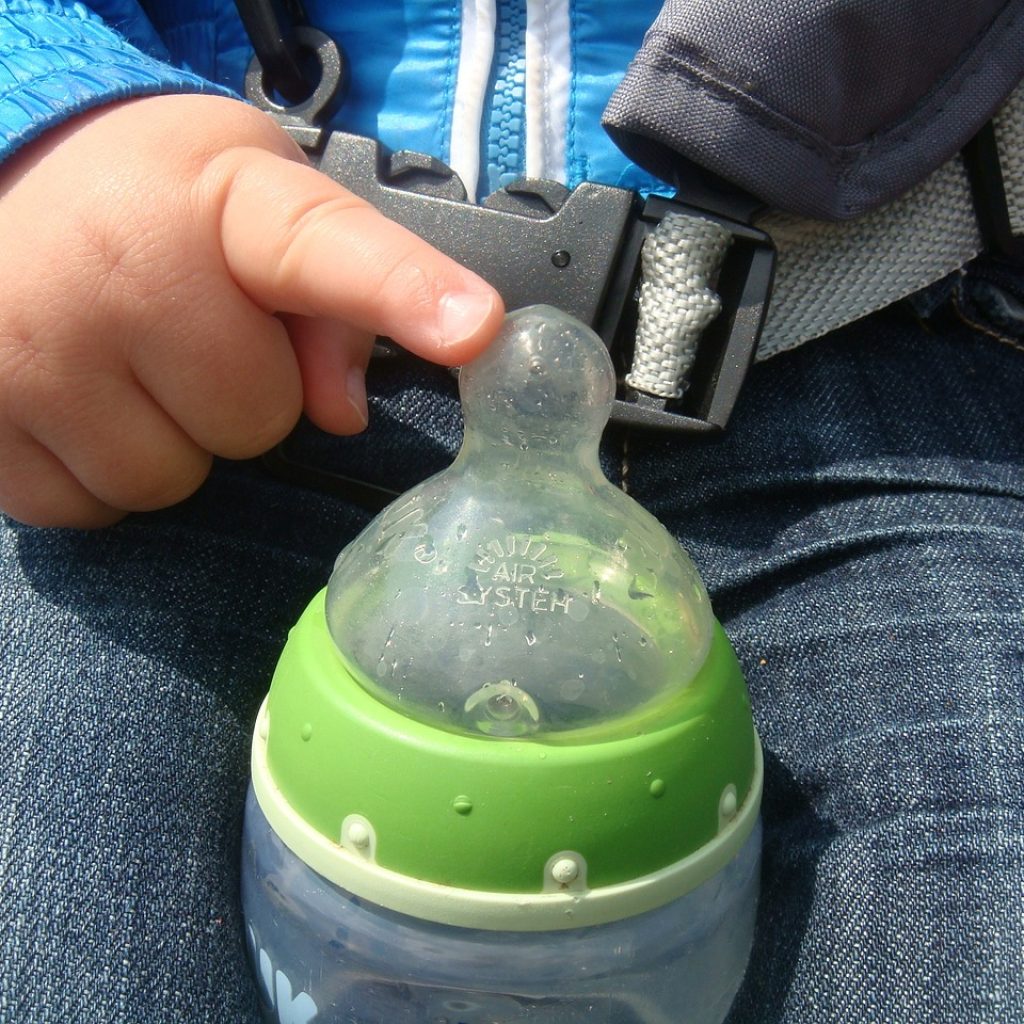

You’re standing at the crossroads of excitement and fear – welcome to fatherhood! As a new dad, you’re probably curious about baby feeding. Whether it’s breastfeeding, formula, or both, we’ve got you covered.
This guide gives you the lowdown on feeding techniques, supporting your partner, and after-feeding care. It’s time to roll up your sleeves and embrace those messy but heartwarming moments. Let’s start your journey to becoming a feeding pro!
Table of Contents
Understanding Feeding Methods
Understanding your baby’s feeding methods is a crucial first step in your new role as a dad. You’ve got options: breastfeeding, formula feeding, or a mix of both.
This is a personal choice, and it’s important to consider what’s best for you, your partner, and your baby. If you’re unsure, don’t hesitate to seek advice from healthcare professionals.
Being supportive is key when your partner chooses to breastfeed. Ensure she’s comfortable and has everything she needs, such as snacks and drinks. You can also help by taking care of clean breast pads and barrier creams.
Remember, your encouragement goes a long way. Similarly, if you’re bottle-feeding, make sure you’re doing it right.
Hold your baby in a semi-upright position and let them draw in the teat. Your involvement in feeding your baby is not just about nourishment, but also about bonding and love.
Supporting Breastfeeding Partners
Having embraced your partner’s decision to breastfeed, you’re now tasked with providing the support she needs during this journey. This can involve practical help and emotional encouragement.
Here’s a quick guide:
| Task | How to Execute |
|---|---|
| Practical Help | Keep supplies like water, snacks, and breast pads within her reach. Be proactive in cleaning and replacing these items. |
| Emotional Support | Encourage her, affirm her efforts, and be a comforting presence during challenging times. |
| Baby Care | Take charge of diaper changes and burping the baby after feeds. This eases her workload and gives you bonding time with your little one. |
Mastering Feeding Techniques
Now, let’s get down to the nitty-gritty: you’re about to learn some effective techniques for feeding your baby.
- Comfort is Key: Ensure both you and your baby are comfortable. Use pillows for support, hold your baby in a semi-upright position for bottle feeds.
- Take it Slow: Brush the teat against your baby’s lips and allow them to draw it in when their mouth opens wide.
- Bonding Time: Feeding times are more than just about nourishment. Make eye contact, talk, or sing to your baby to strengthen your bond.
After-Feeding Baby Care
Once you’ve finished feeding your little one, it’s crucial to take a few steps for after-feeding care to ensure their comfort and well-being. Start by winding your baby. Sit them on your lap and gently pat their back or rub in firm circles. This helps to burp them, preventing trapped wind and discomfort.
After feeding, your baby may feel sleepy. Use this time for soothing cuddles and quiet interaction. However, avoid leaving a bottle propped up unattended as it can pose a choking hazard. Remember, your care and attention during and after feeding not only meets your baby’s physical needs but also strengthens your bond. You’re doing great, and every small step you take contributes immensely to your baby’s health and happiness.
Essential Baby Burping Tips
In the realm of baby care, mastering the art of burping your baby is essential for their comfort and well-being. It can alleviate discomfort from gas and reduce spit-up incidents. Here are three essential tips:
- Position well: Hold your baby upright with their head on your shoulder. Make sure to support their head and neck.
- Pat gently: With your other hand, gently pat or rub your baby’s back.
- Be patient: It might take a few minutes of gentle patting to get a burp. If you don’t get one, it’s okay. Not every baby burps after every feeding.
Risks of Unattended Bottle Feeding
While mastering the art of baby feeding, you shouldn’t overlook the risks associated with leaving a bottle propped up and unattended. It’s tempting, particularly when you’re sleep-deprived, but it poses serious hazards.
Firstly, your baby could choke. Without your immediate attention, they might inhale milk too quickly.
Secondly, unattended bottle feeding can lead to ear infections. When your baby drinks lying down, milk can easily flow into the Eustachian tubes, causing infection.
Lastly, it may hinder bonding; feeding time is precious for connection. Your baby needs your loving gaze, your gentle touch.
Don’t miss this. Your vigilance and presence during feeding aren’t just about risk avoidance, they are integral to your child’s wellbeing.








